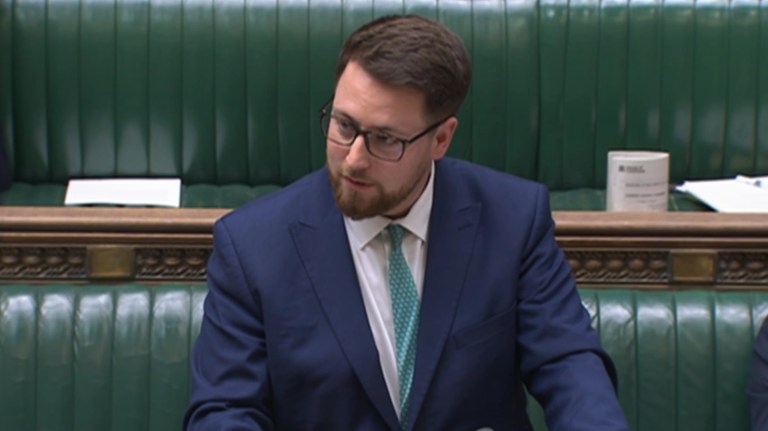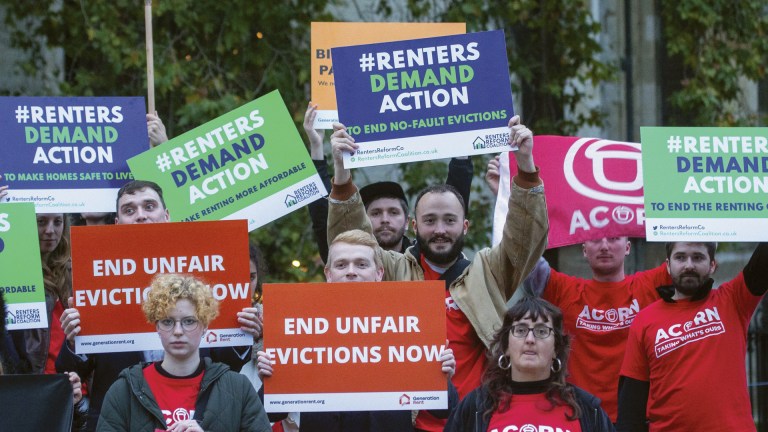At this price, buyers in England and Wales would see stamp duty rise to £38 in July, then £2,538 in October. Those buying larger homes – or in London and the South – will pay considerably more.
A boost for affordability
While the end of the savings window will frustrate some buyers, those struggling to get on the housing ladder may be better off when rates return to normal.
From July, first-time buyers will remain exempt from stamp duty on the first £300,000 of their main residence. Arguably, the savings have a greater impact here: research by Halifax shows the average first-time buyer deposit is almost £59,000.
At the same time, narrowing the eligibility for exemption could reduce pressure at the lower end of the market.
Paula Higgins, chief executive for HomeOwners Alliance, says the stamp duty holiday has pitted first-time and budget buyers against those motivated by the discount, such as buy-to-let landlords and those buying second homes.
Removing incentives that drive up demand on the cheaper properties would help those struggling to find affordable homes – especially where there’s already competition from property flippers and a lack of housing stock.
Better for budgets
Paul Stockwell, chief commercial officer at Gatehouse Bank, says many aspiring first-time buyers may be hoping prices start to cool as rates revert.
Of course, this would benefit buyers of all budgets borrowing or saving ever greater amounts to keep pace with the market. Higgins adds: “Whatever discount you think you might get with your stamp duty discount of up to £15,000, it might be all eroded by the higher house prices.”
Yet while the most recent ONS figures for the average house price had dropped slightly from the previous month, Stockwell comments: “there are many areas of high demand, and the tapering of the stamp duty scheme has done little to dampen buyer appetite.”
He adds, “If Covid is brought under control, and more buyers are willing to put their properties on the market, we may see prices settle.”
The biggest losers
There’s little doubt those buying the most expensive properties have gained the most from the stamp duty holiday.
However, that includes buyers trapped by regional variations as well as those with the biggest budgets. ONS average house prices vary from £144,032 in the North East to £491,687 in London, meaning a return to normal rates will affect homebuyers around the country quite differently.
There are also homeowners, buyers and renters who were never going to benefit from the stamp duty holiday, or who remain stymied by policies that overlook them.
Thousands of owners stuck with properties affected by the cladding scandal could only watch as others were given help to move on. Four years since Grenfell there’s no clear end in sight. Meanwhile these previously affordable homes remain off the market to new buyers.
Looking forward, there may at least be some reassurance for tenants. “The housing market in Scotland did not have an extension and, despite this, renting in Scotland is likely to remain affordable in most areas,” property expert Kate Faulkner notes. “According to Citylets, Aberdeen rents are 21 per cent lower than 5 years ago.”
That we’re asking experts to predict the unknowable points to one particular fallout of the stamp duty holiday: greater uncertainty.
This is one reason HomeOwners Alliance would like stamp duty abolished for residential purchases. “It’s a tax on something good,” Higgins says.
Without it there would be less pressure, better affordability and more choice. That feels especially relevant as buyers jump through hoops to beat deadlines. But, as Higgins warns, the tax holiday hasn’t necessarily translated to a “discounted” home. “They might even be paying more than they should.”









